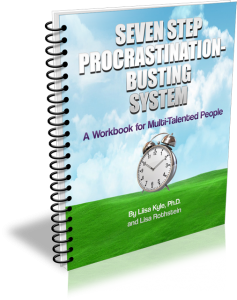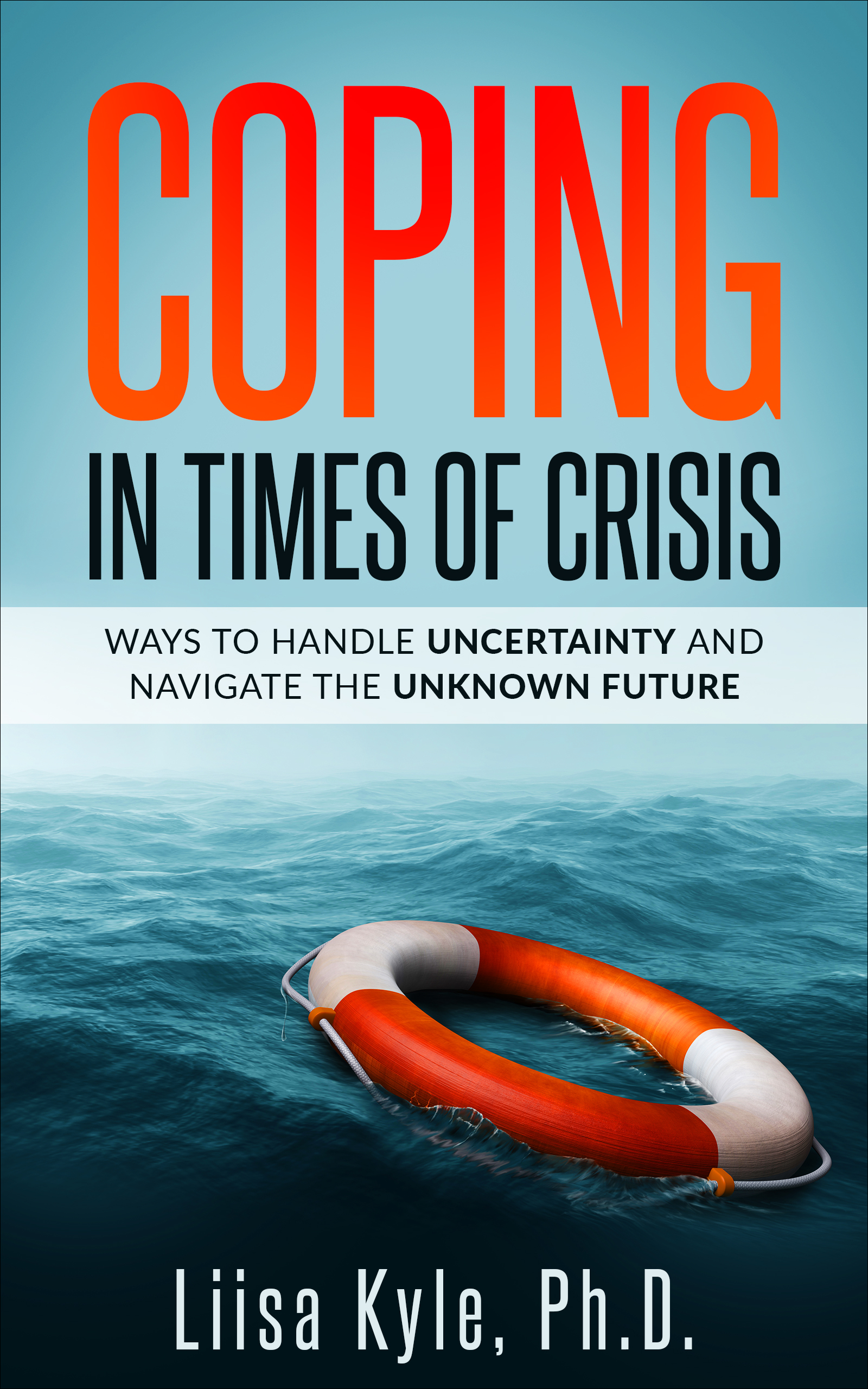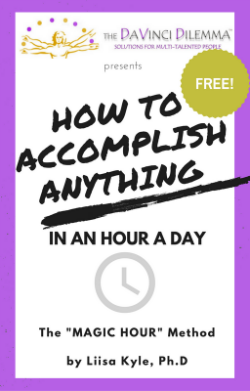
By Internet Archive Book Images [CC0], via Wikimedia Commons
A recent article by Megan McArdle makes a nice link between procrastination and classic motivation research pioneered by Carol Dweck. It’s particularly pertinent for DaVincis — smart, creative people juggling too many talents — because our talents per se might just be the source of our procrastination problem. Dweck concluded that “the people who dislike challenges think that talent is a fixed thing that you’re either born with or not [i.e. a ‘fixed mind set’]. The people who relish them think that it’s something you can nourish by doing stuff you’re not good at [i.e. a ‘growth mind set’].”
As McArdle explains in her article: “For growth people, challenges are an opportunity to deepen their talents, but for “fixed” people, they are just a dipstick that measures how high your ability level is. Finding out that you’re not as good as you thought is not an opportunity to improve; it’s a signal that you should maybe look into a less demanding career, like mopping floors.”
She goes on to link the ‘fixed mind set’ with phenomena well known to most of us: “imposter syndrome” and self-sabotage. Anyone who’s fretted that they will be found to be less competent than the task or position requires has experienced “imposter syndrome“. Self-sabotage can take many forms — both overt and covert. Sometimes we ‘forget’ an important deadline. Perhaps we do something counterproductive like watching a movie or imbibing in mind-altering libations when we are supposed to be working on something. Maybe we wait for the last possible moment to do something. (Then if it’s not great, it’s no reflection on our competence — hey, we did the best we could in the thirty-minutes we spent on it).
Much as you may like to think of yourself as a ‘growth person’ but the truth is that if you are susceptible to self-sabotage or the imposter syndrome, then your mind set may be more ‘fixed’ than you would like.
The core problem occurs when we try to do something while simultaneously evaluating the quality of what we’re doing. It’s crazy-making if not impossible. If you’re attempting to generate new ideas while simultaneously shooting them down, you’re not going to come up with very much very fast. Every writer knows it’s impossible to write and edit at the same time. The processes compete with each other, wrestling phrases into pretzels while grinding progress to a painful halt.
This is especially true for those of us who are are ‘hard on ourselves’, have ‘high standards’, are ‘picky’ or otherwise perfectionistic. Perfectionists are very strict with ourselves, very judgmental of ourselves and others. We tend to scrutinize ourselves to the point of paralysis (I’m afraid to put this down on paper because it might not be good enough).
The good news is that fixed mind set/growth mind set concept also points to a solution: You can overcome procrastination to the extent you can shift your thinking to consider the situation as an opportunity for growth, development or to deepen your talents.
Let’s say you have a presentation to prepare. You find yourself curled in the fetal position, munching popcorn and bemoaning your fate. Now you can stay there, immersed in self-loathing…or you can ask yourself, “What can I learn by doing this presentation? How might this be an opportunity to hone or enrich my skills?”
Now, doesn’t that feel better? It takes the pressure off how ‘good’ this particular presentation is and shifts focus to something broader and more important: how can I use this opportunity for long-term benefits? It extends our perspective beyond this particular task to something vaster and deeper and more profound.
It’s also quite freeing. Frankly, the quality of this particular task is moot, in the grand scheme of things. If I do a sub-par job but in doing so acquire new skills that enhance my career in the long-term, then that’s a triumph.
So the next time you find yourself procrastinating, stop and ask yourself: What can I learn by doing this thing I am avoiding? How might this be an opportunity to hone or enrich my skills?
***
 For more tips and techniques to overcome procrastination, consider our Seven Step Procrastination-Busting System. Details are here.
For more tips and techniques to overcome procrastination, consider our Seven Step Procrastination-Busting System. Details are here.
 If you are a perfectionist, check out my book Overcoming Perfectionism: Solutions for Perfectionists available here: http://bit.ly/PerfectionismSolutions
If you are a perfectionist, check out my book Overcoming Perfectionism: Solutions for Perfectionists available here: http://bit.ly/PerfectionismSolutions
*****
Want to re-publish this article? Go for it – just include the author’s name, a link to this original post and the following text blurb:
Are you struggling with too many talents, skills, ideas? You may have The DaVinci Dilemma™! Find tools, fun quizzes, coaching, inspiration and solutions for multi-talented people at http://www.davincidilemma.com/ .



